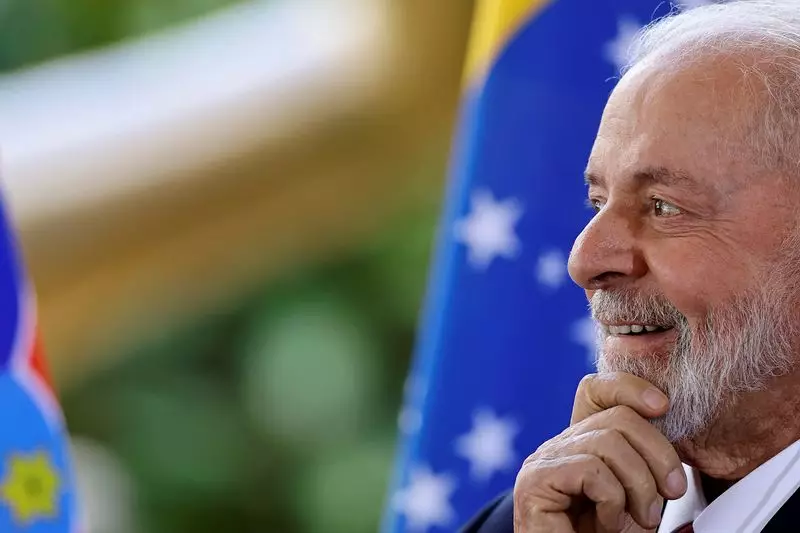Brazil’s President Luiz Inacio Lula da Silva expressed his willingness to review Finance Minister Fernando Haddad’s spending cut recommendations. However, he made it clear that any fiscal adjustments would not come at the expense of the poor. Lula emphasized the need to avoid unnecessary spending while facing pressure from investors to reduce expenditures and balance public accounts. He assured that Haddad’s position in his administration was secure, as he was personally chosen and supported by the president.
Lula reiterated his commitment to shield the poor from the impacts of any budget cuts. He mentioned that Haddad would discuss his proposals with him that week, indicating a collaborative approach to addressing the country’s economic challenges. The president underscored the importance of maintaining social programs and protecting the most vulnerable segments of society while seeking to achieve fiscal discipline.
Concerns Over Senate’s Rejection of Revenue-Raising Measure
The recent Senate rejection of a revenue-raising measure raised concerns about the government’s ability to implement necessary fiscal adjustments. This development led to a decline in market prices and sparked doubts about Haddad’s influence in his role. Despite these challenges, Lula stood by his finance minister and emphasized the need to tackle issues such as excessive public salaries and unlawful benefits to improve the country’s financial situation.
Addressing Brazil’s Fiscal Deficit and Interest Rates
President Lula criticized the media for focusing on Brazil’s fiscal deficit without highlighting the impact of high interest rates on the economy. He questioned the celebration surrounding the central bank chief in Sao Paulo, suggesting that those benefiting from the current interest rate regime were overlooking the broader economic implications. Lula’s comments reflect a broader critique of the country’s economic policies and priorities.
Brazil has witnessed a significant reduction in interest rates since August, with a 325 basis point drop to 10.50%. Despite this decline, annual inflation remains slightly above the official target, standing at 3.93% in May. The upcoming rate-setting meeting in June will be crucial in determining the central bank’s approach to managing inflation while supporting economic growth.
President Lula’s statements highlight the complex economic challenges facing Brazil and the government’s commitment to achieving fiscal stability without compromising social welfare. The ongoing debate over spending cuts, revenue generation, and interest rate policies reflects a broader discussion about the country’s economic direction and priorities.


Leave a Reply